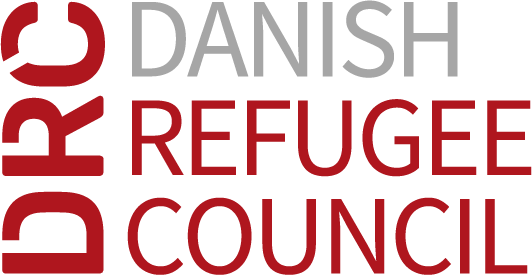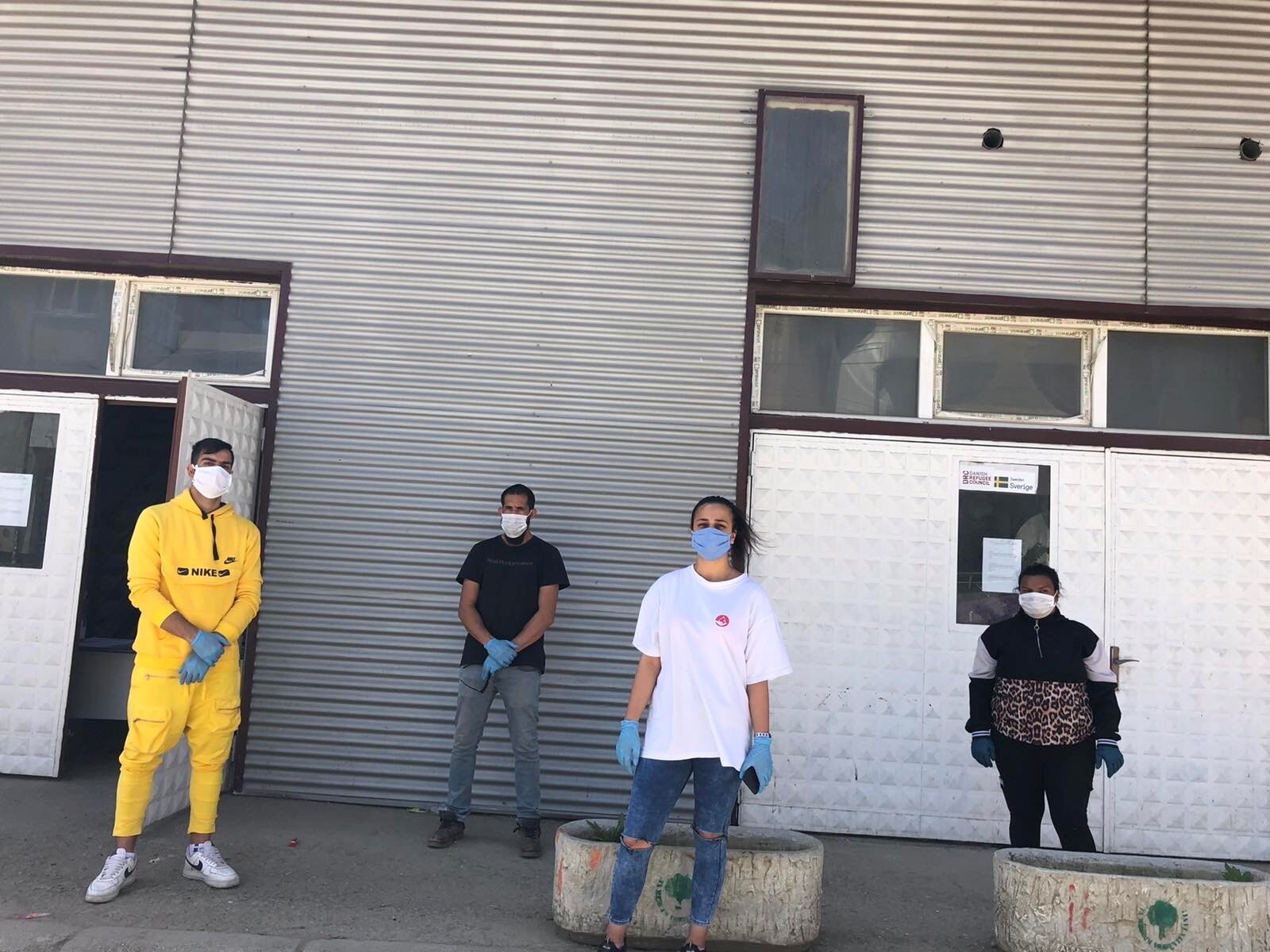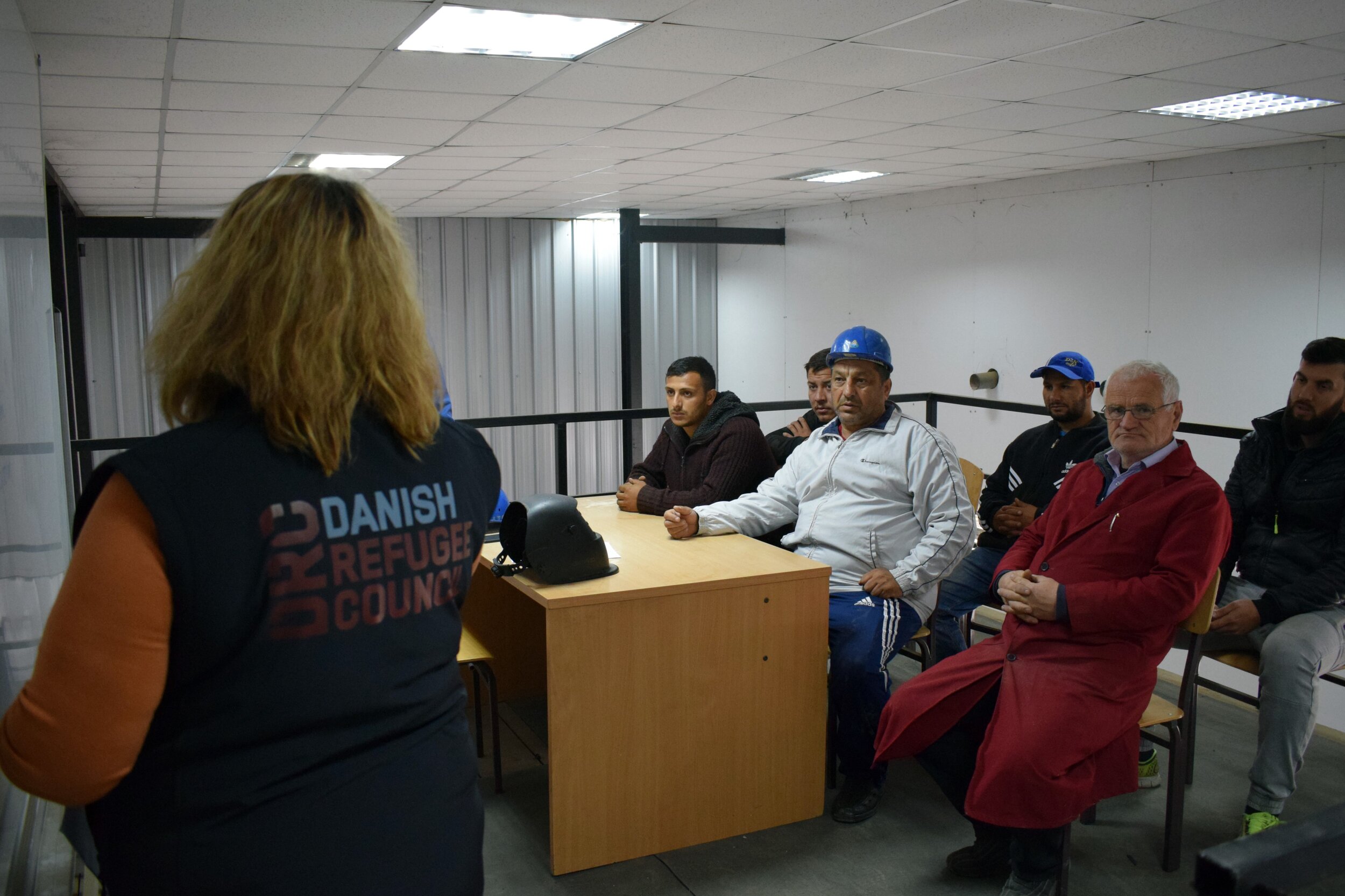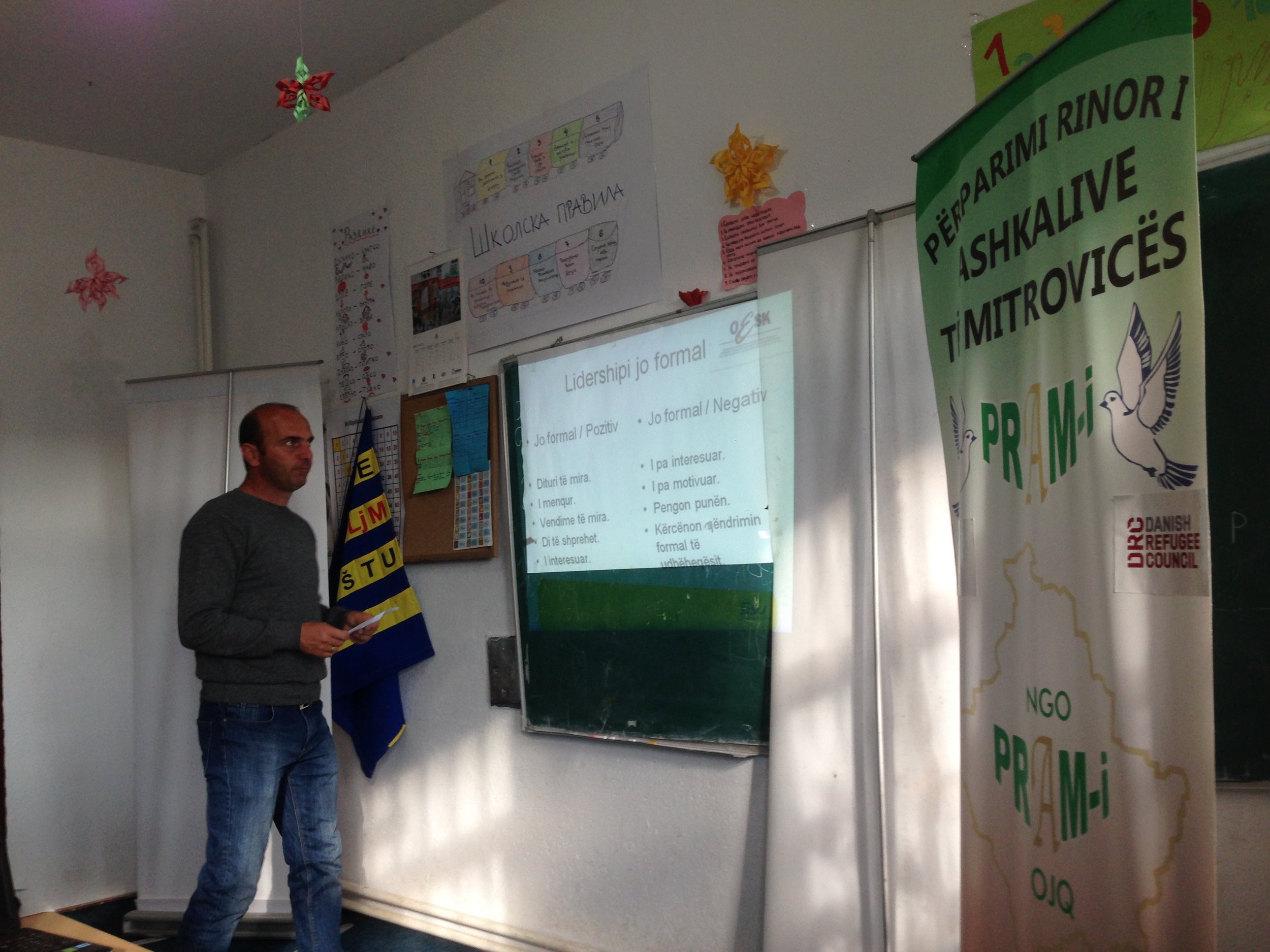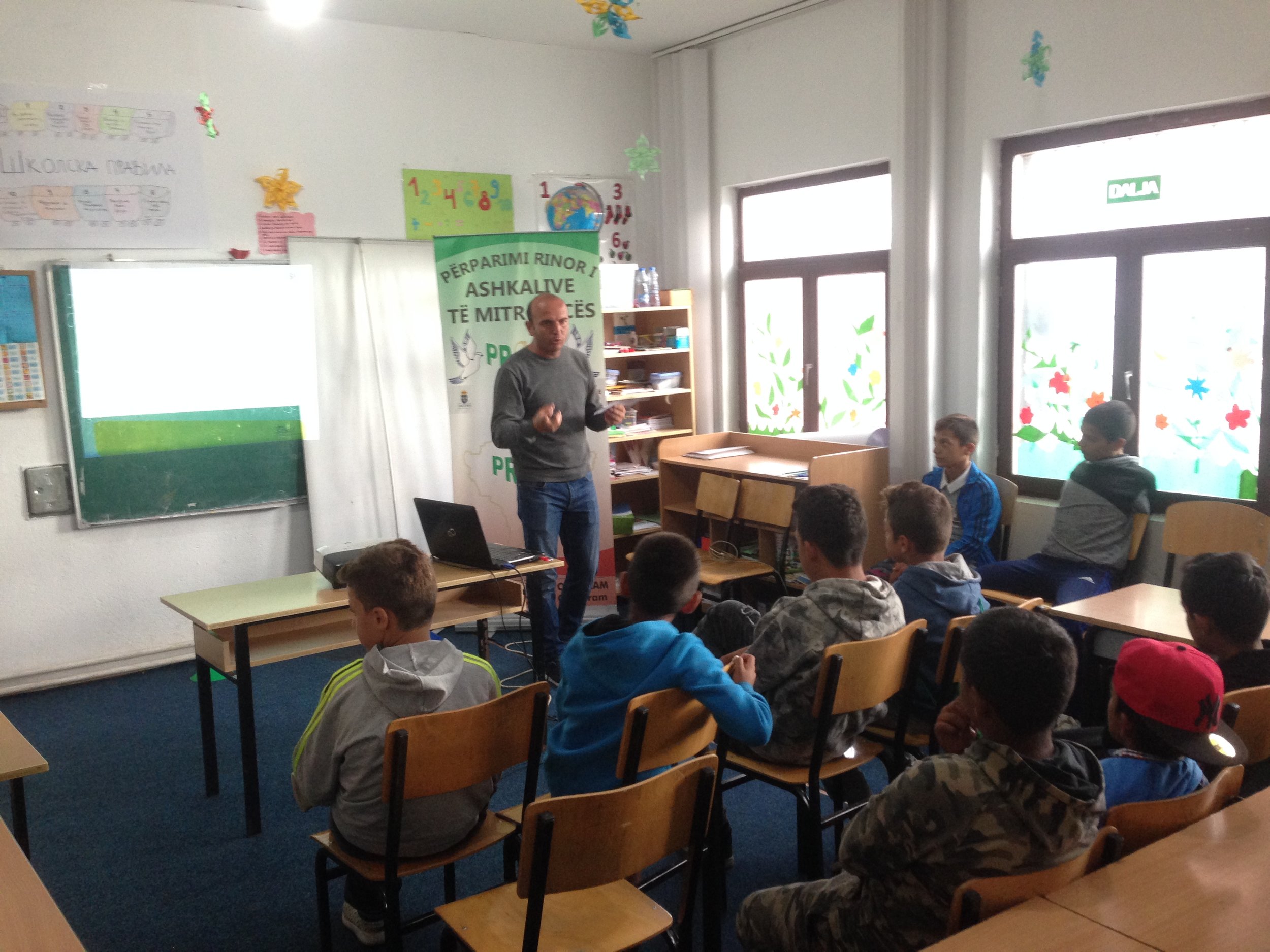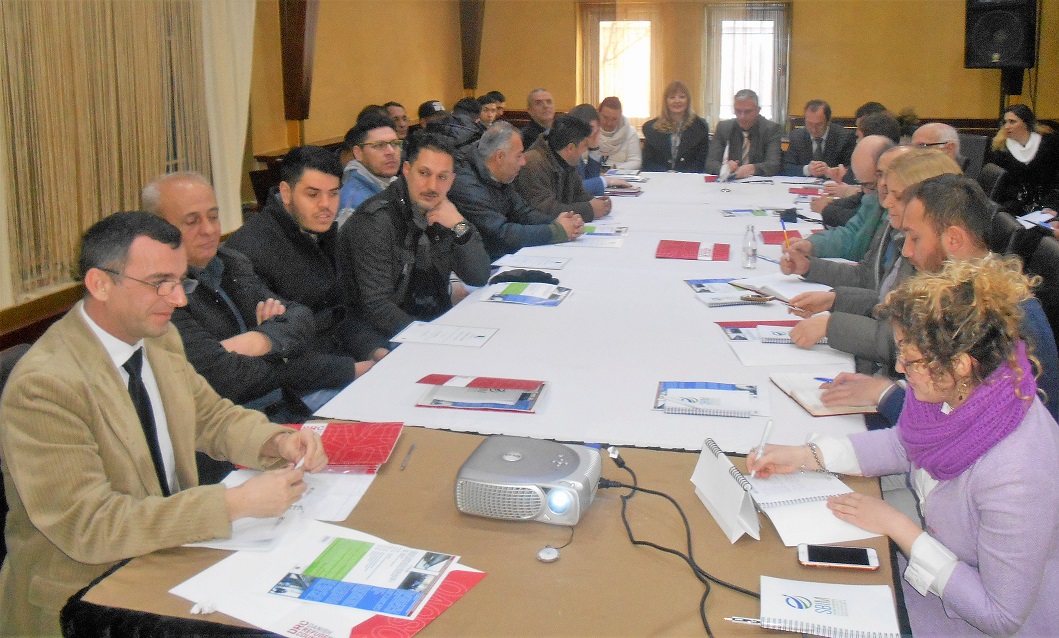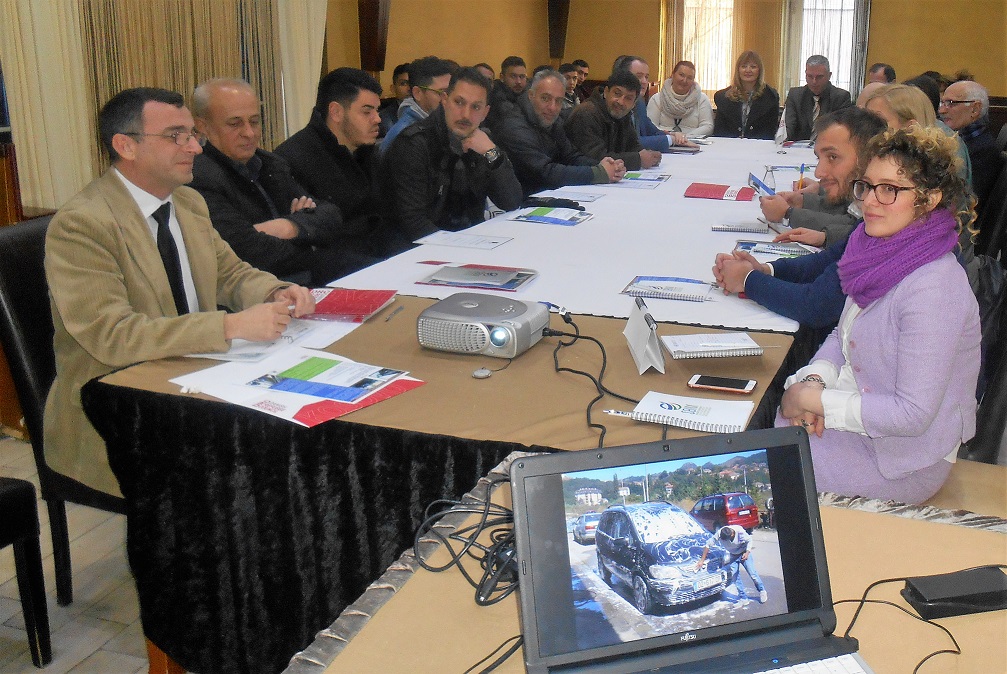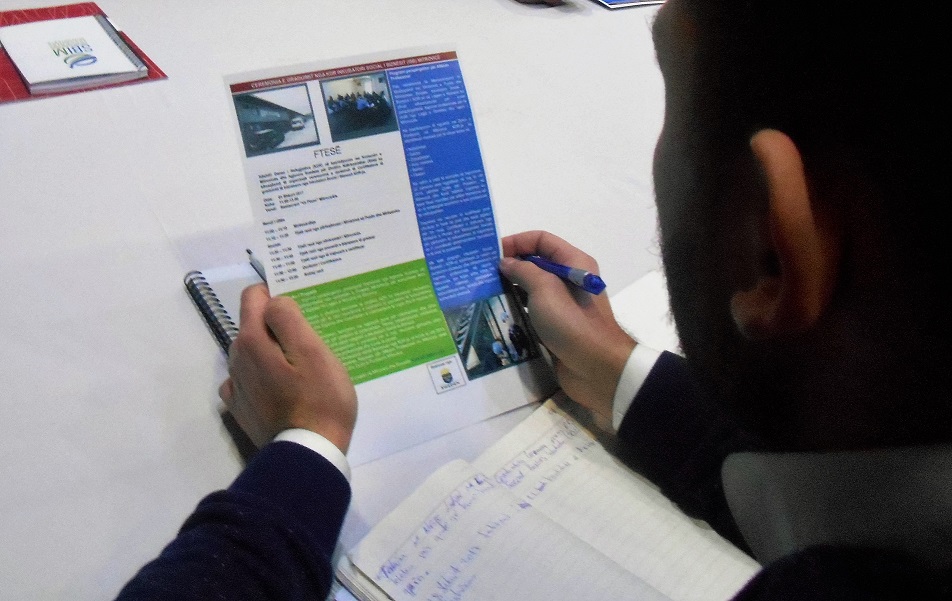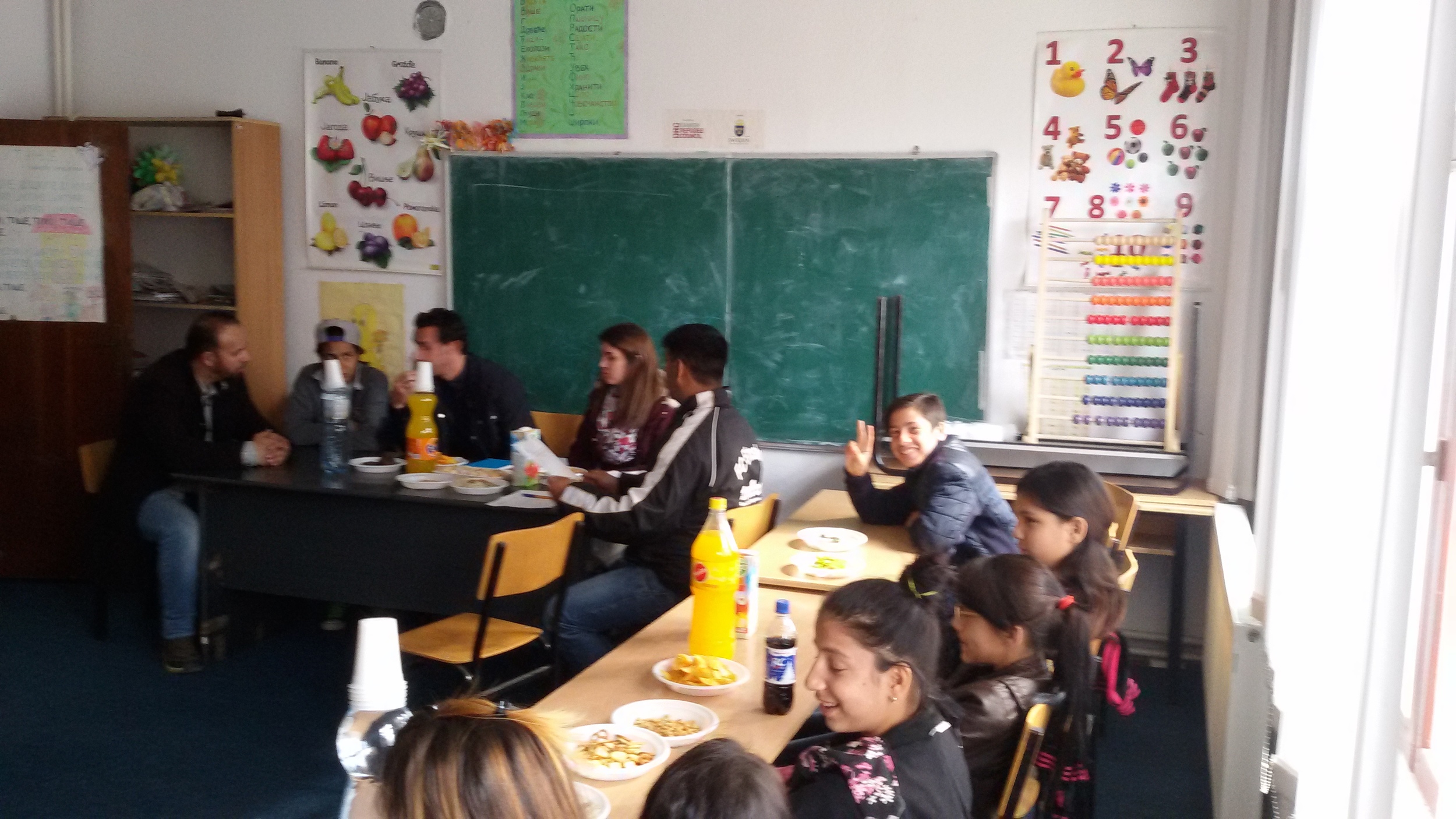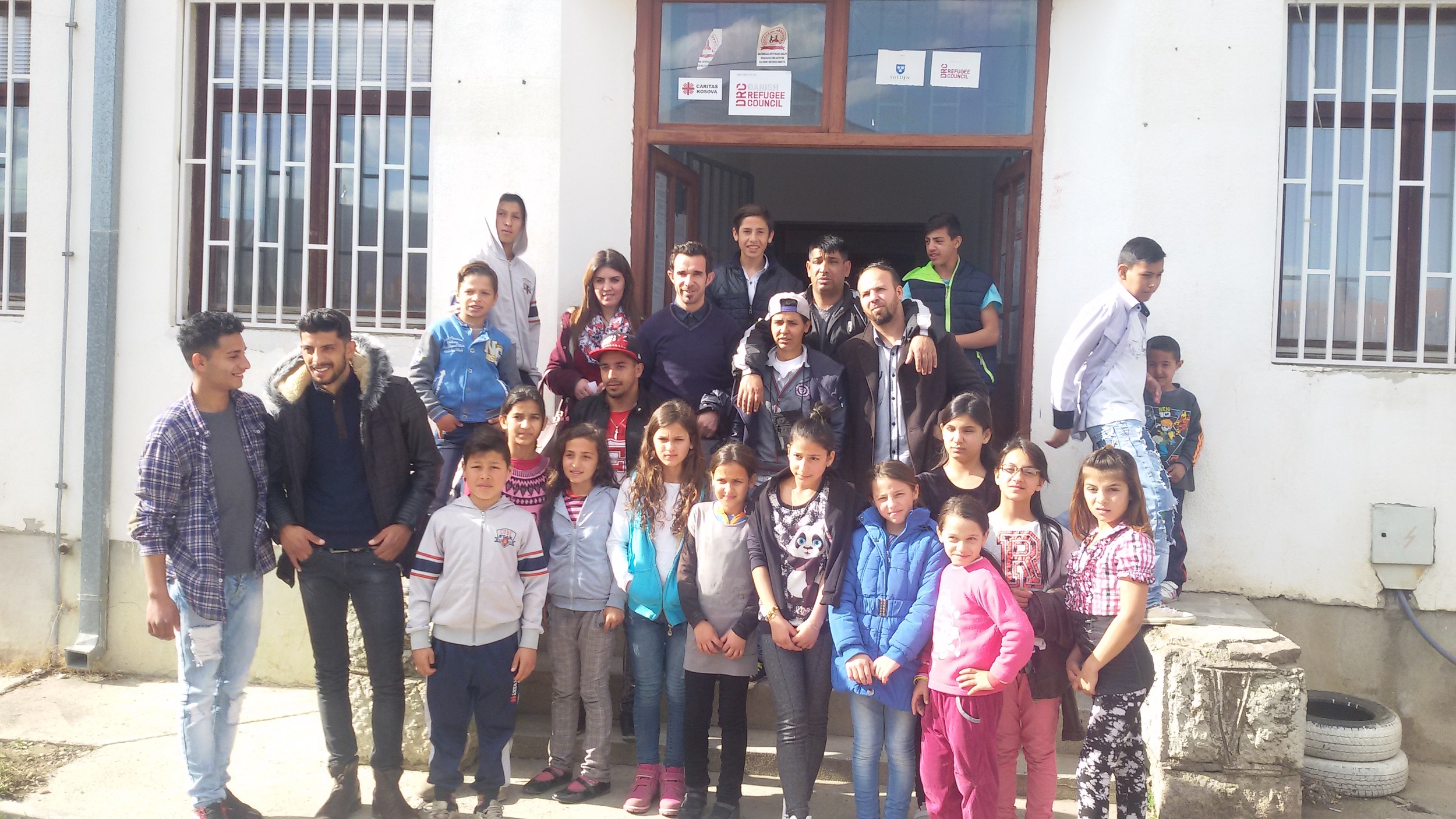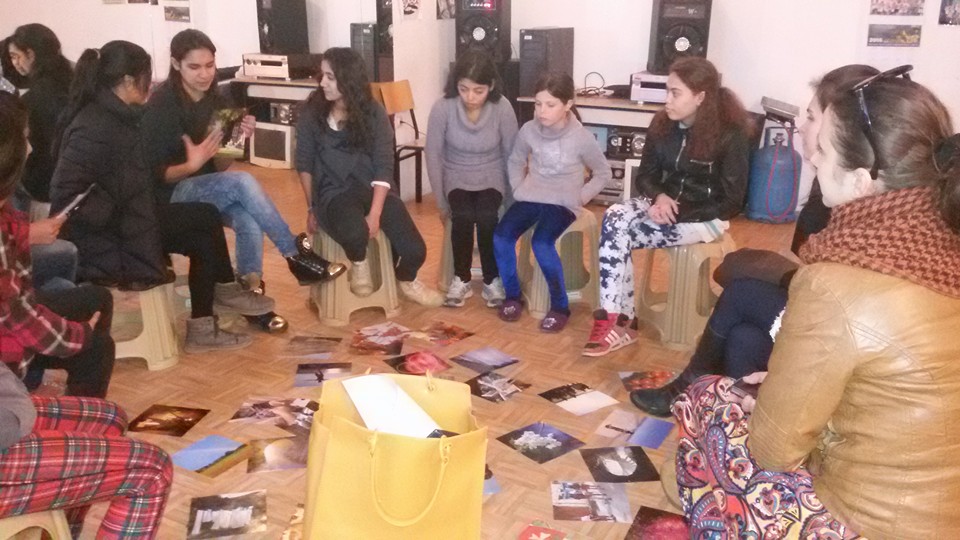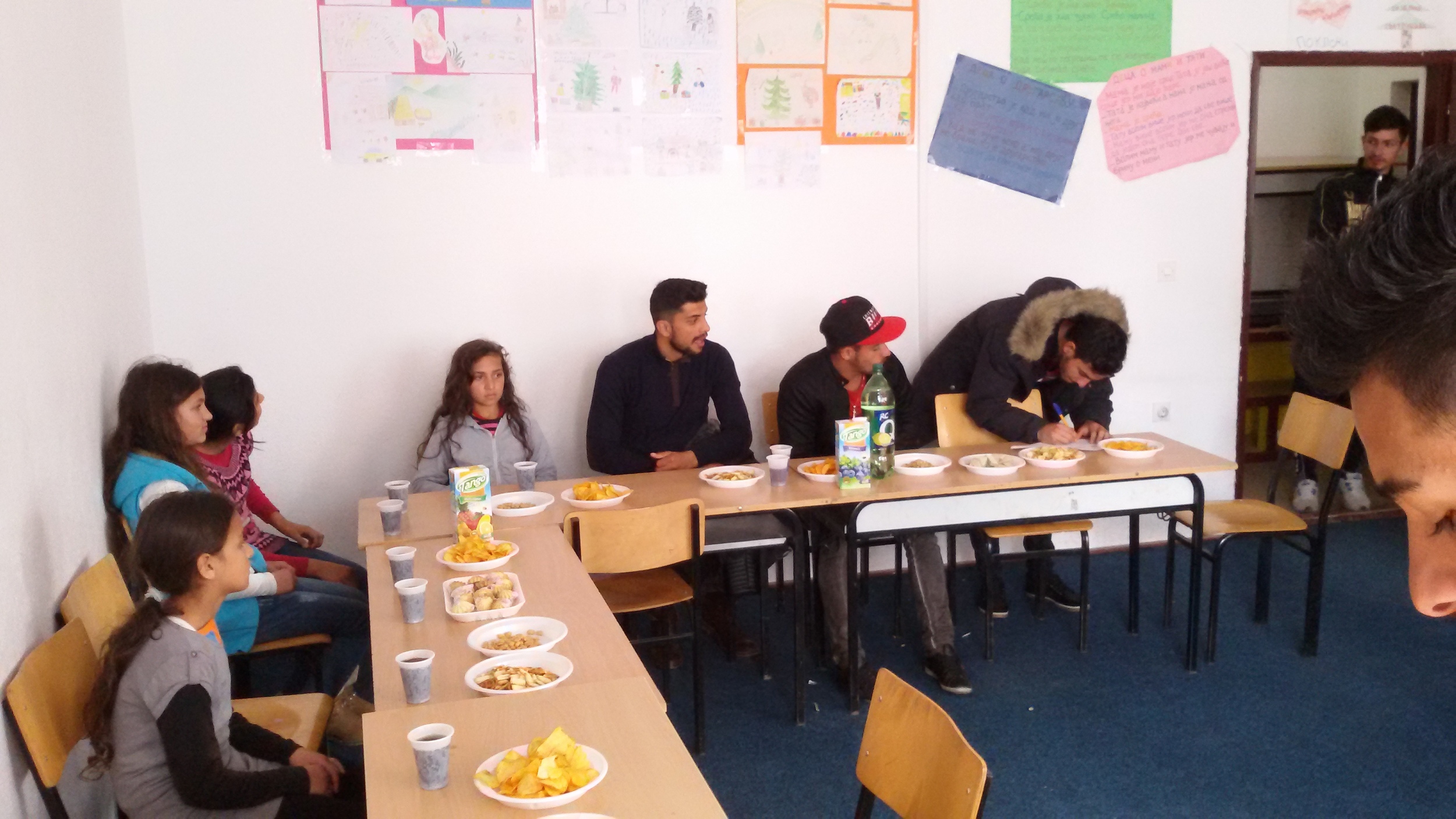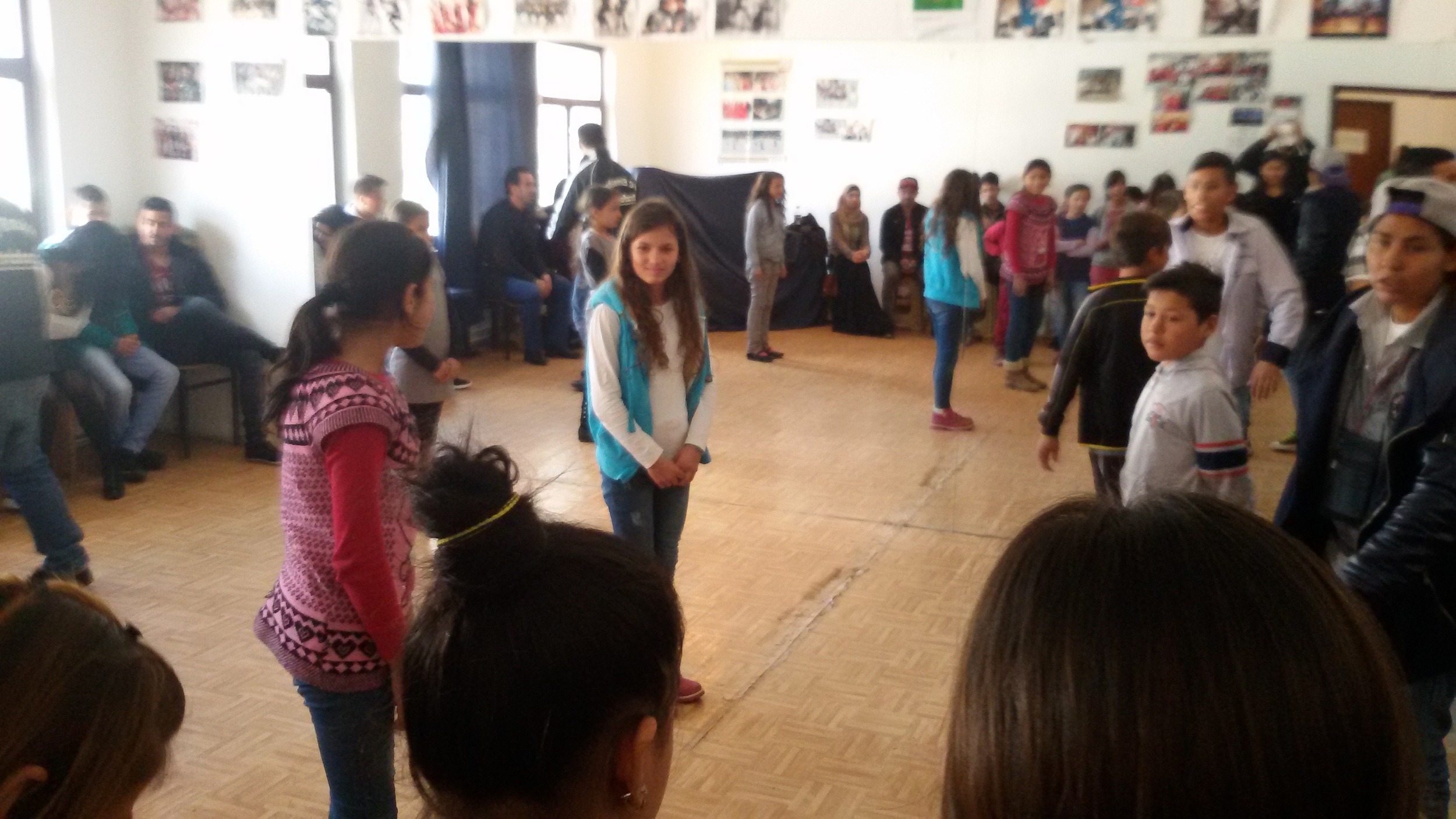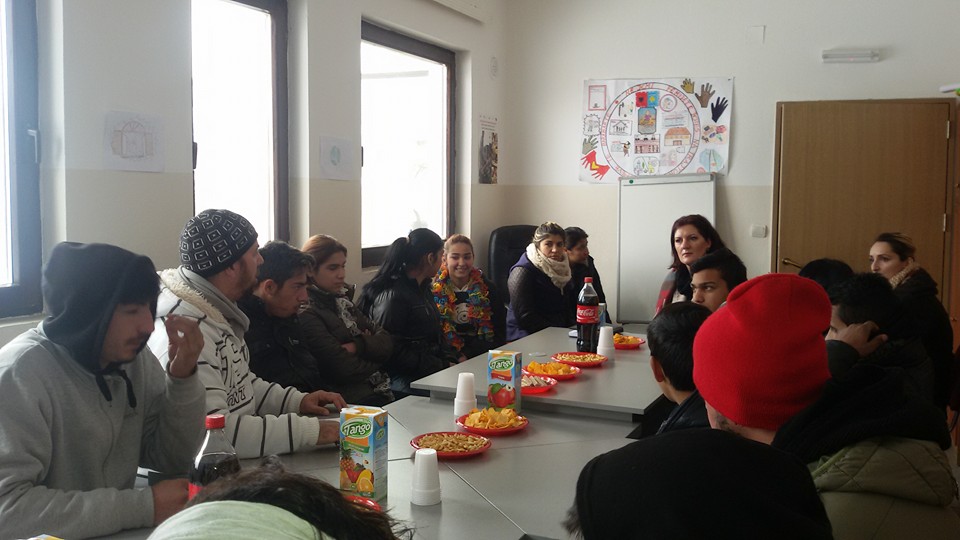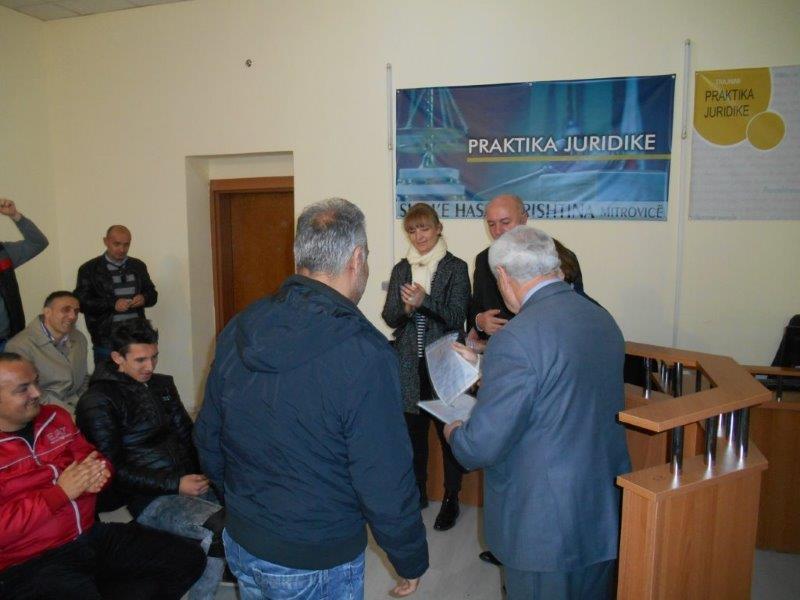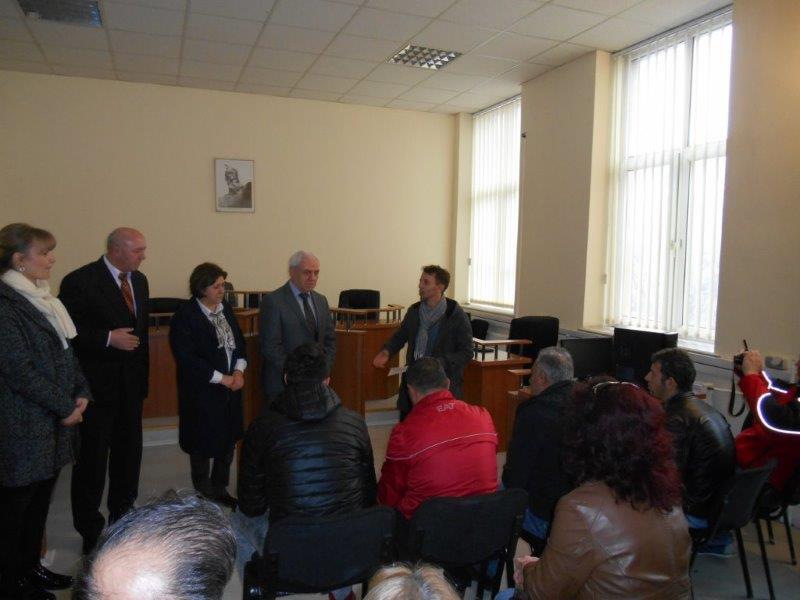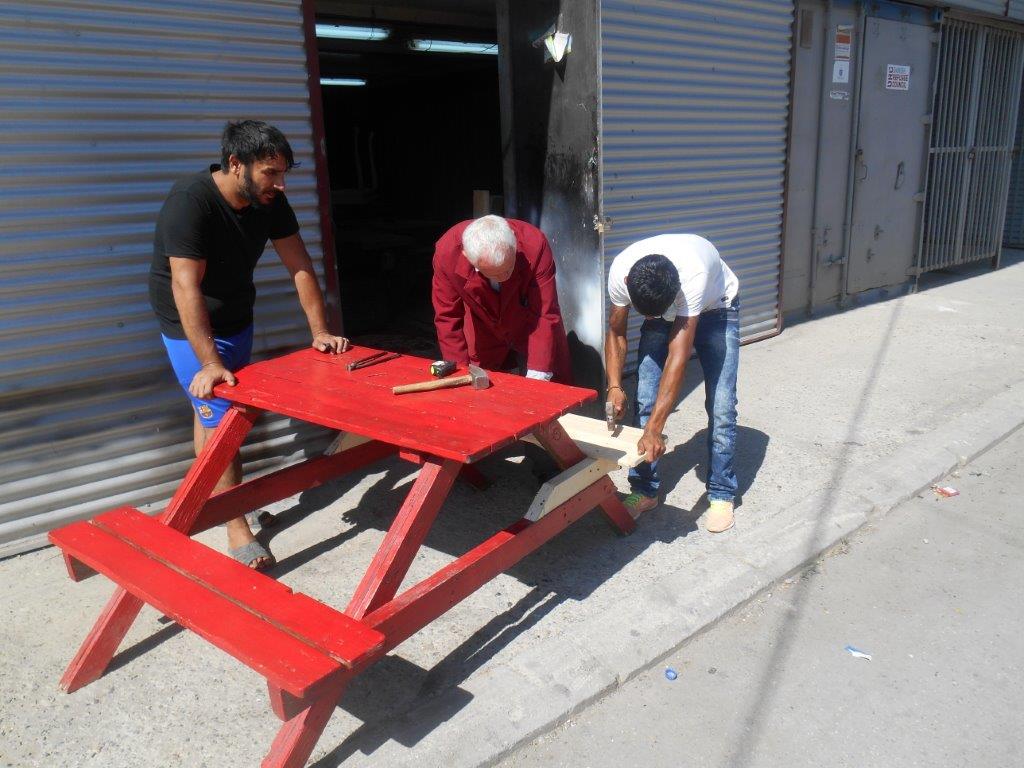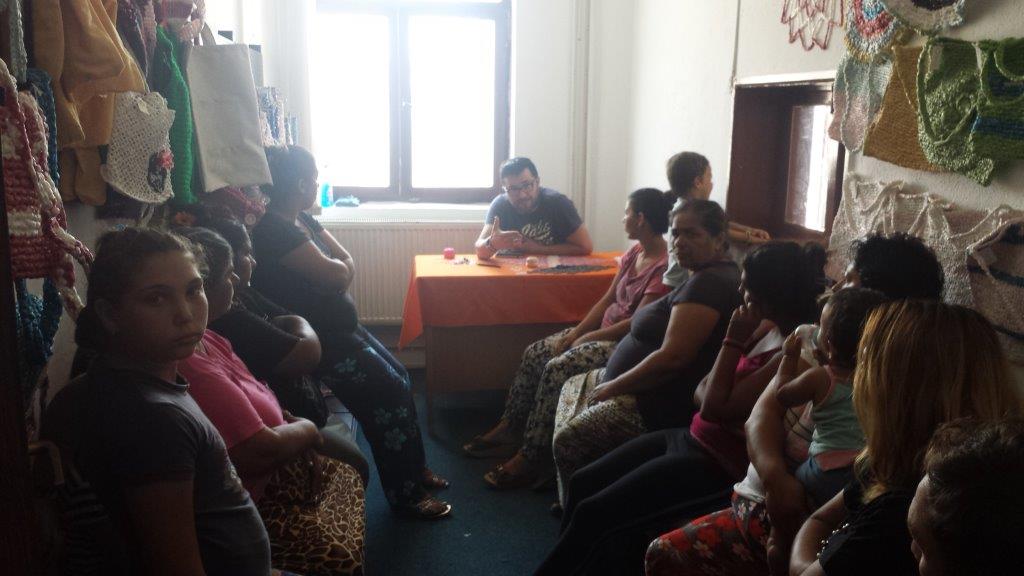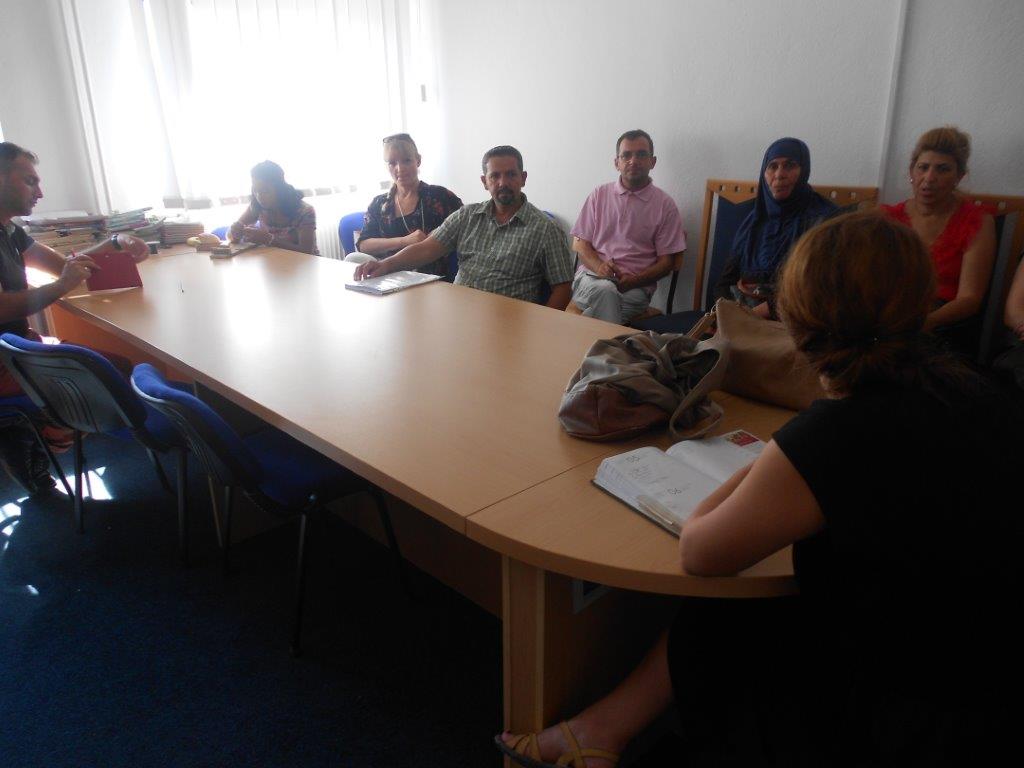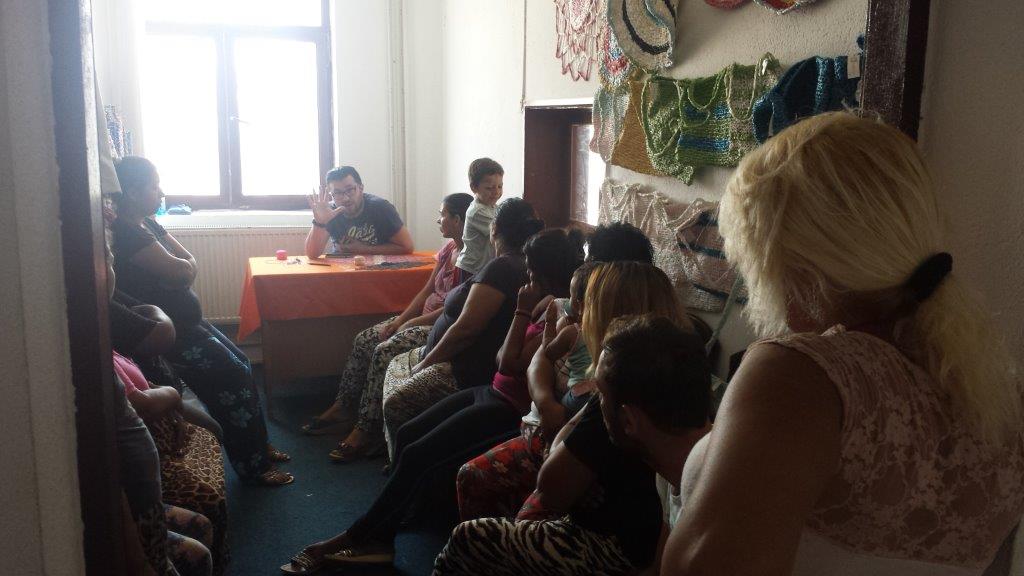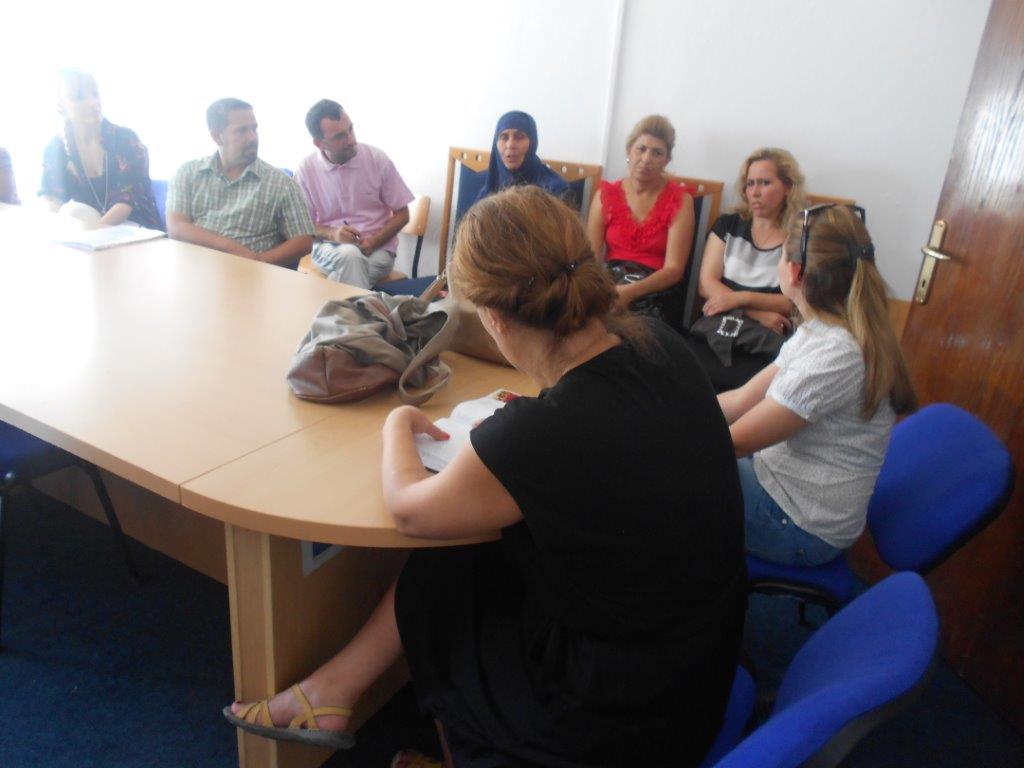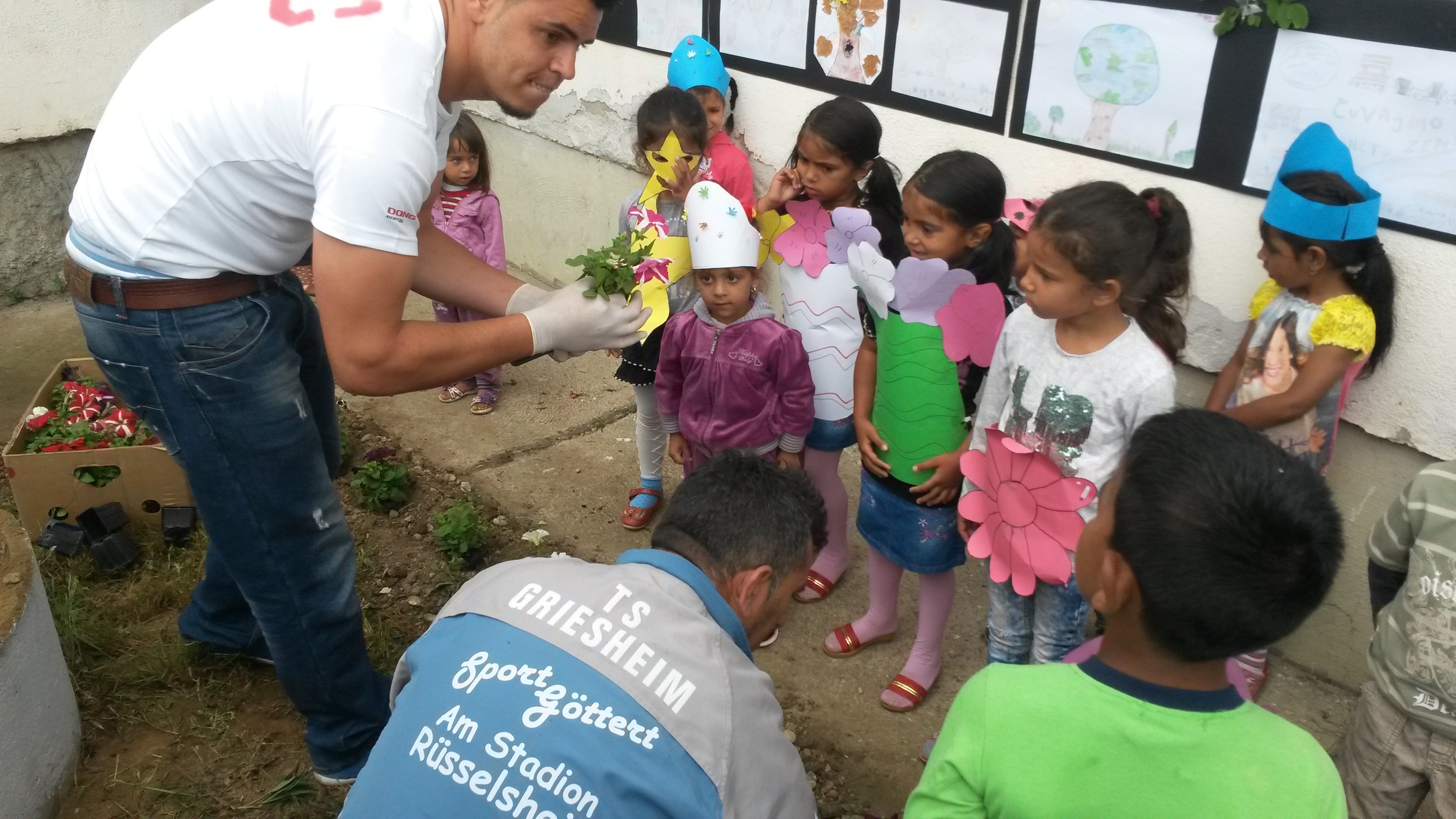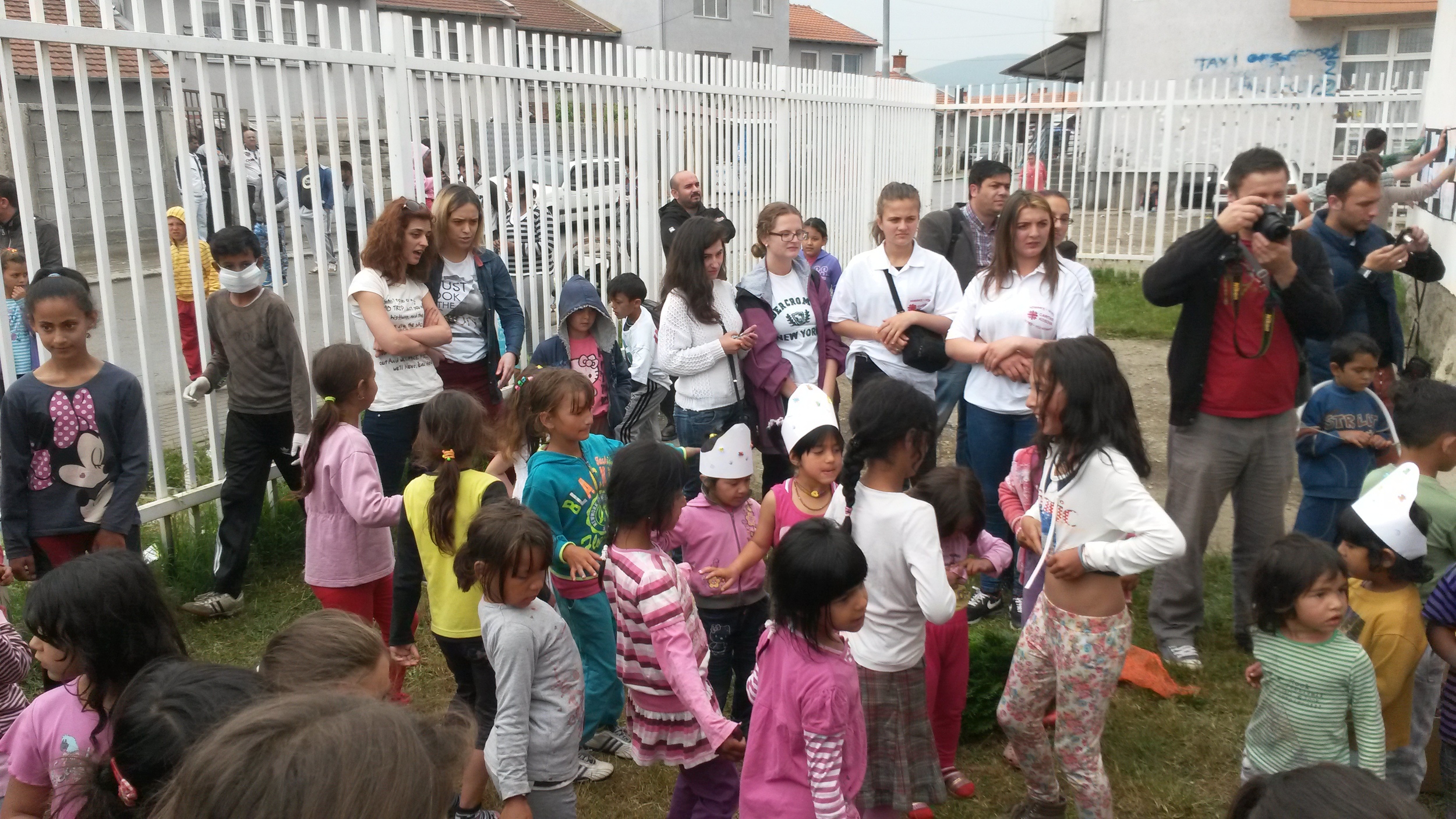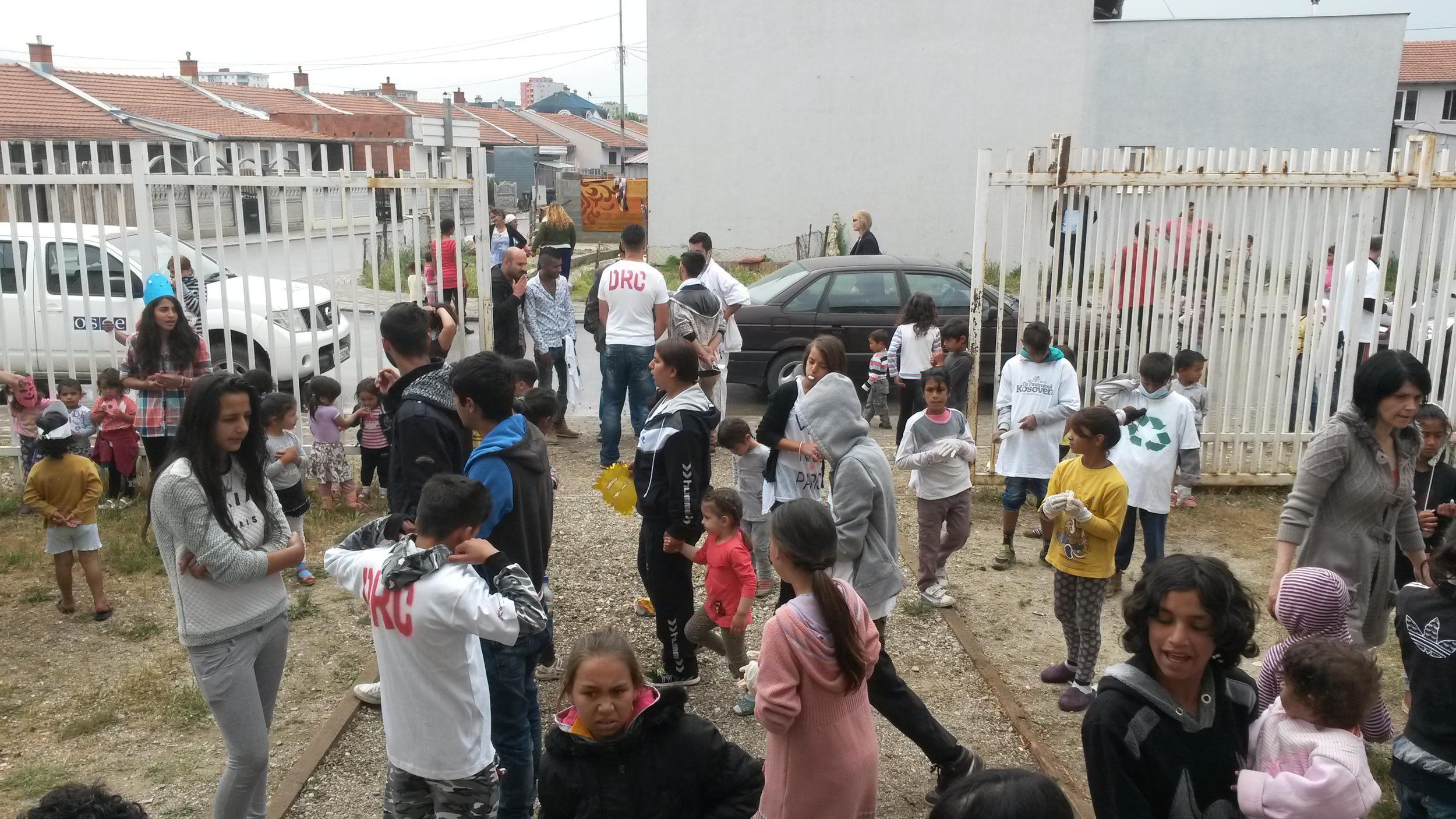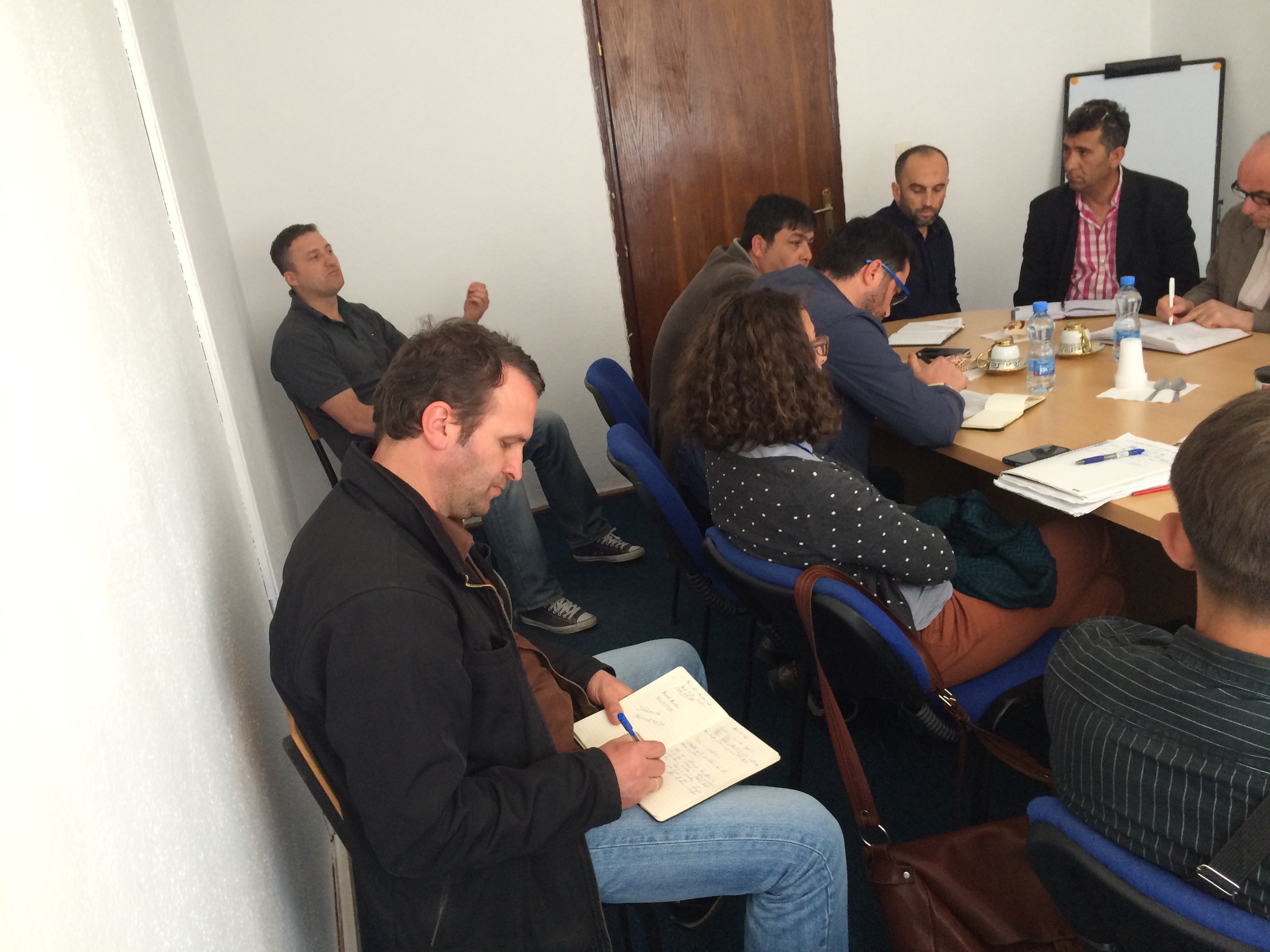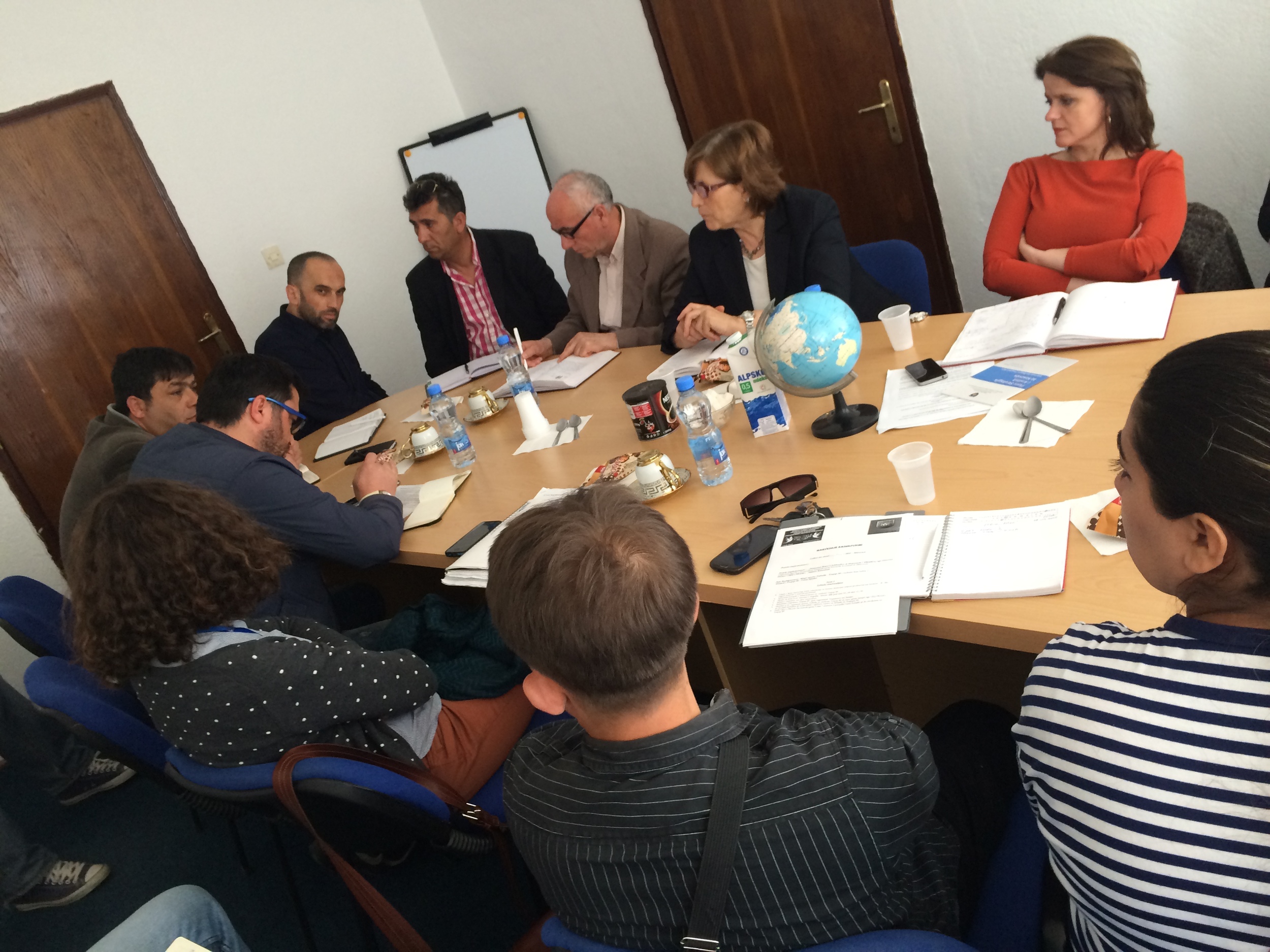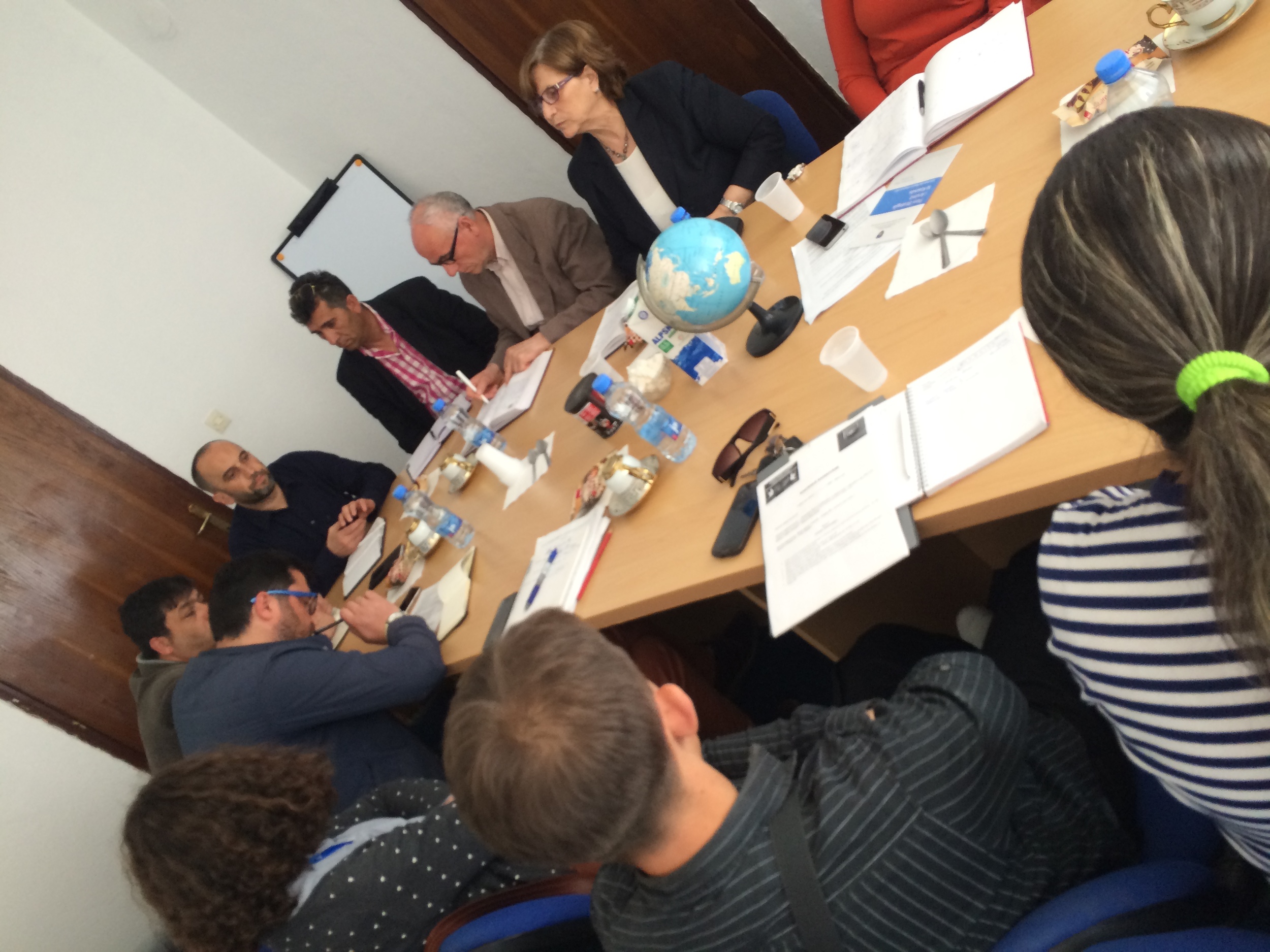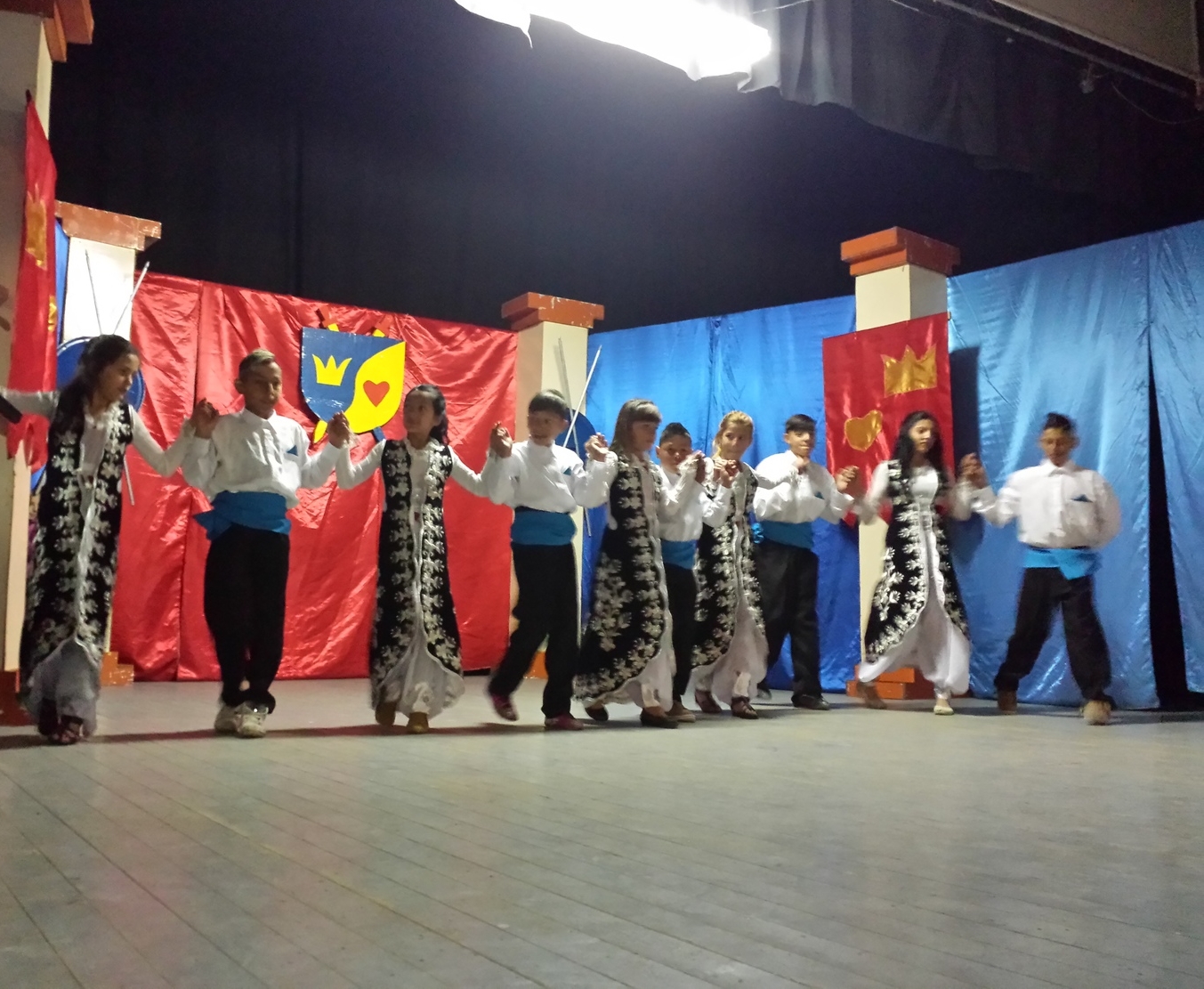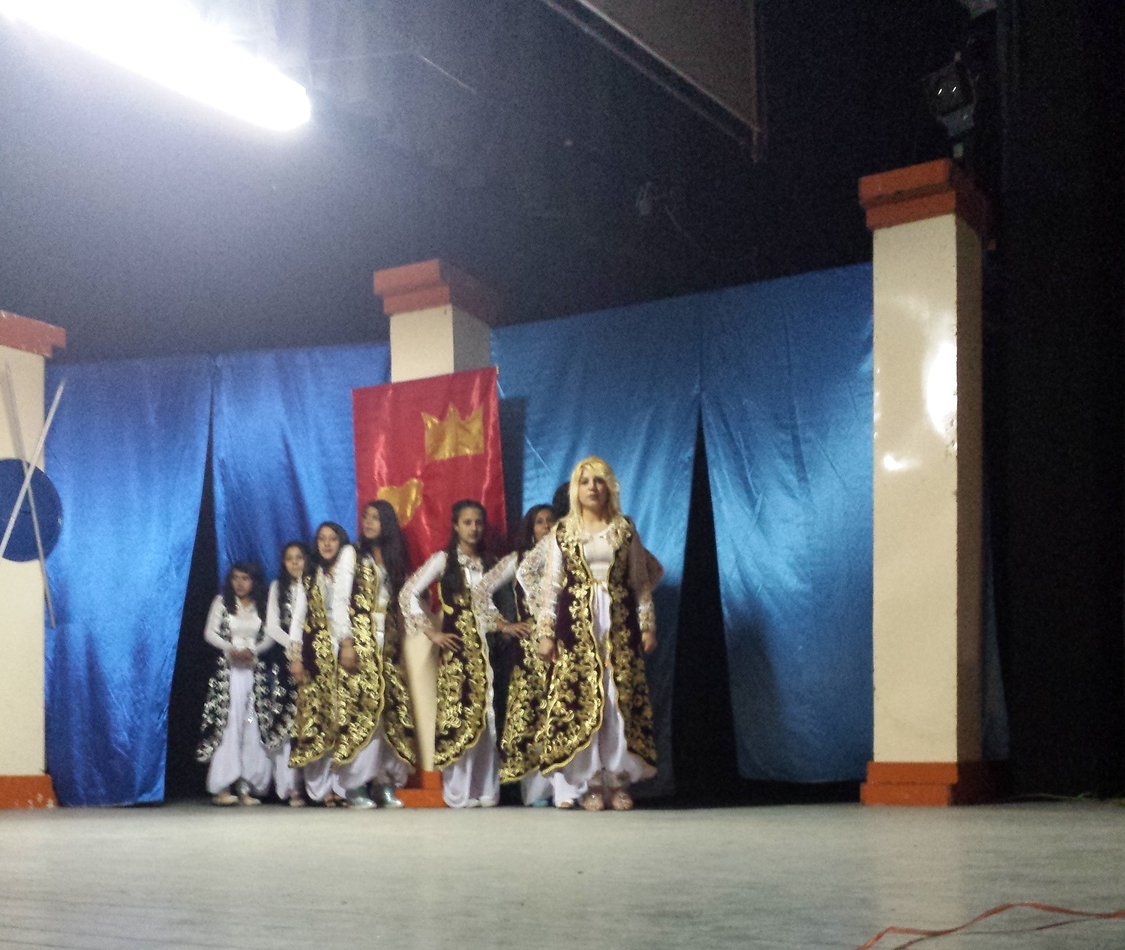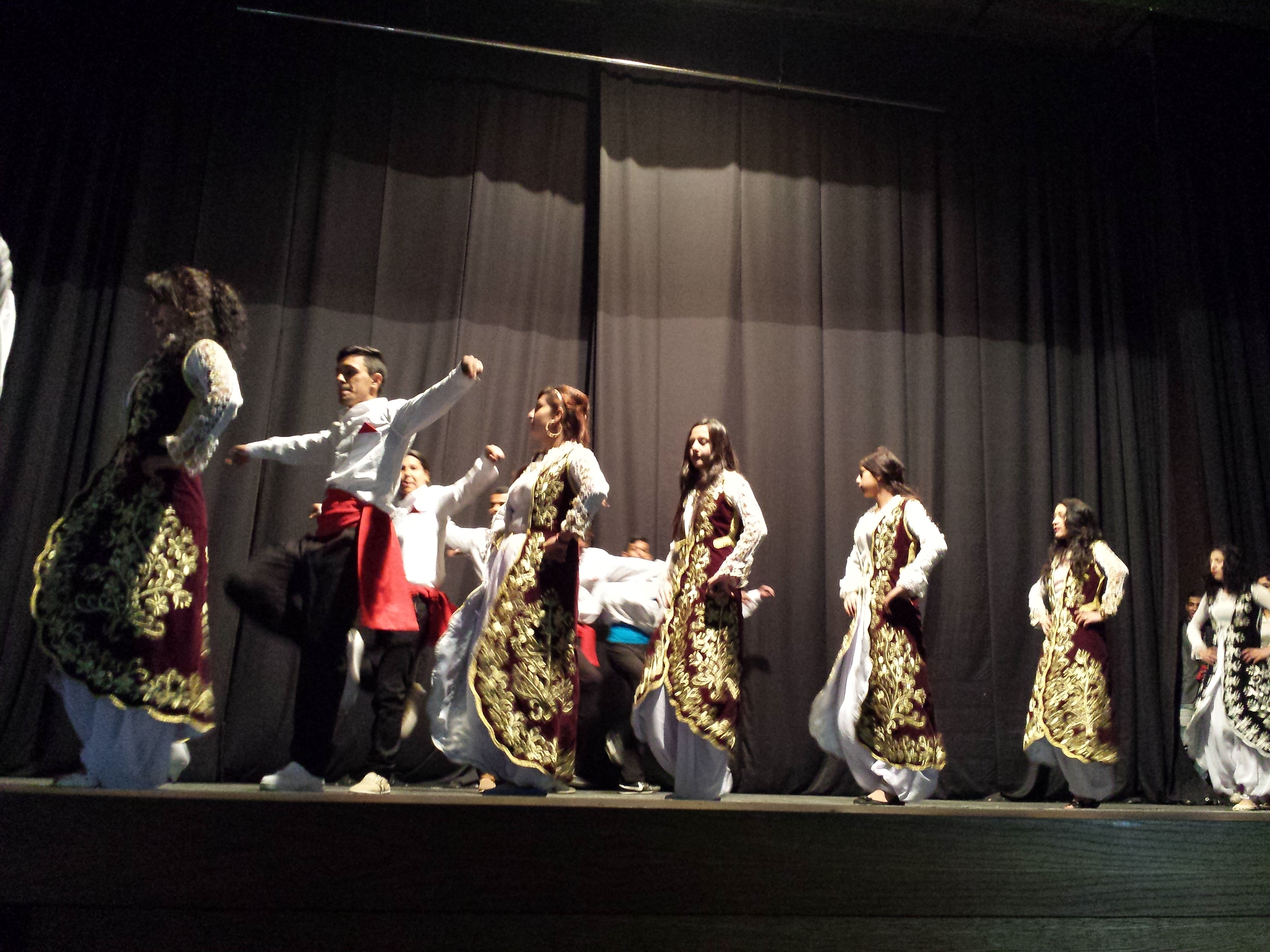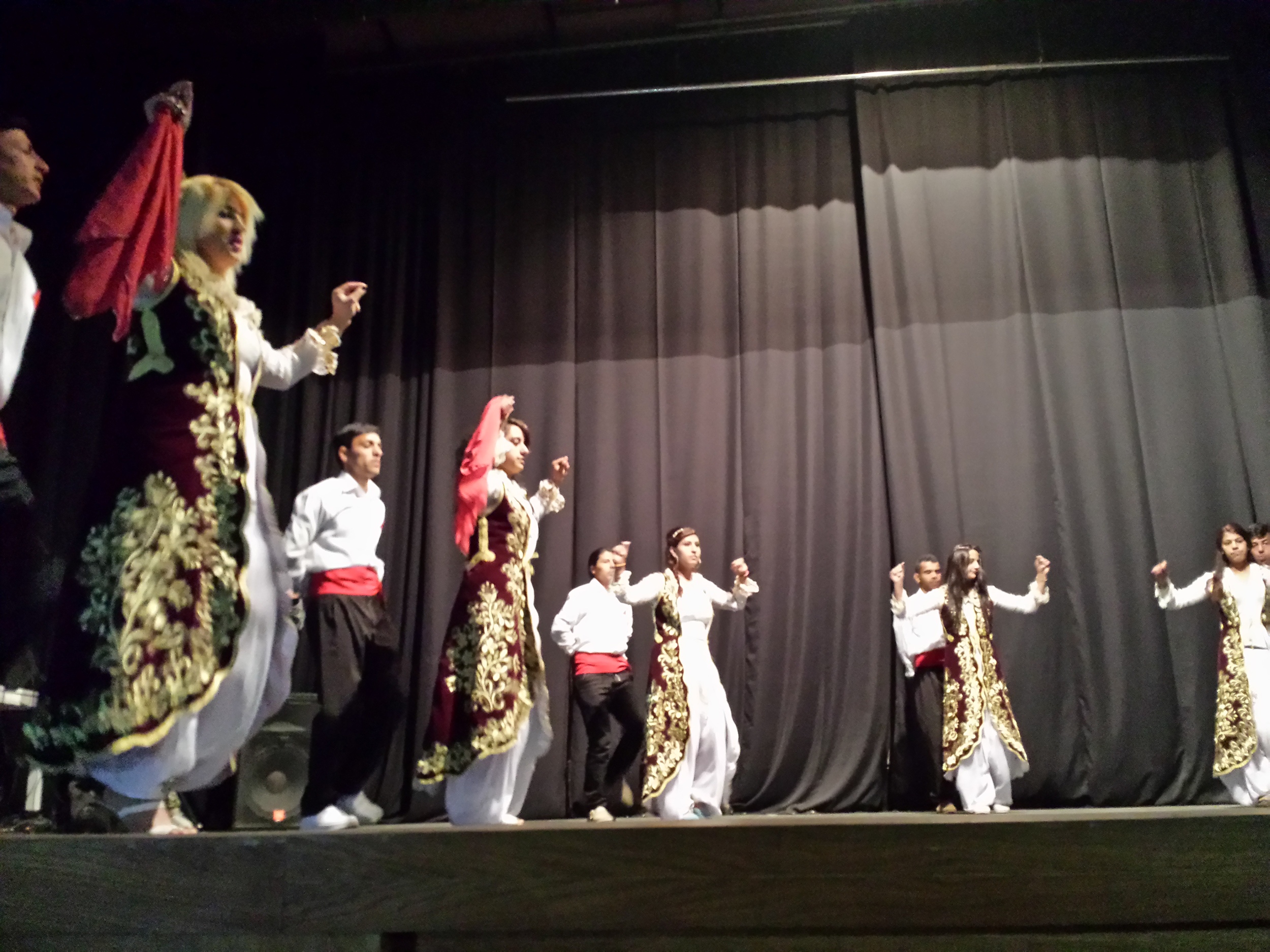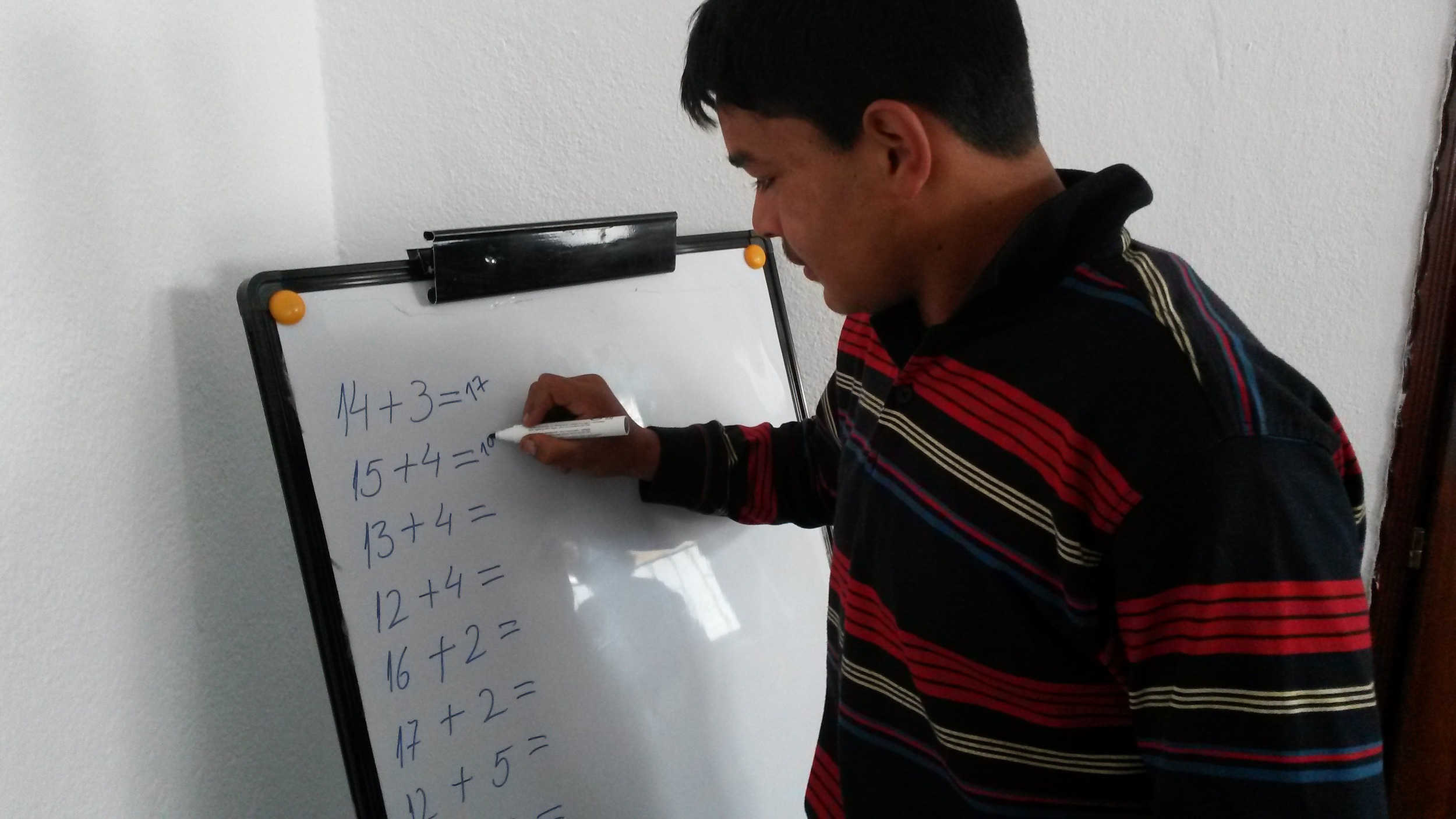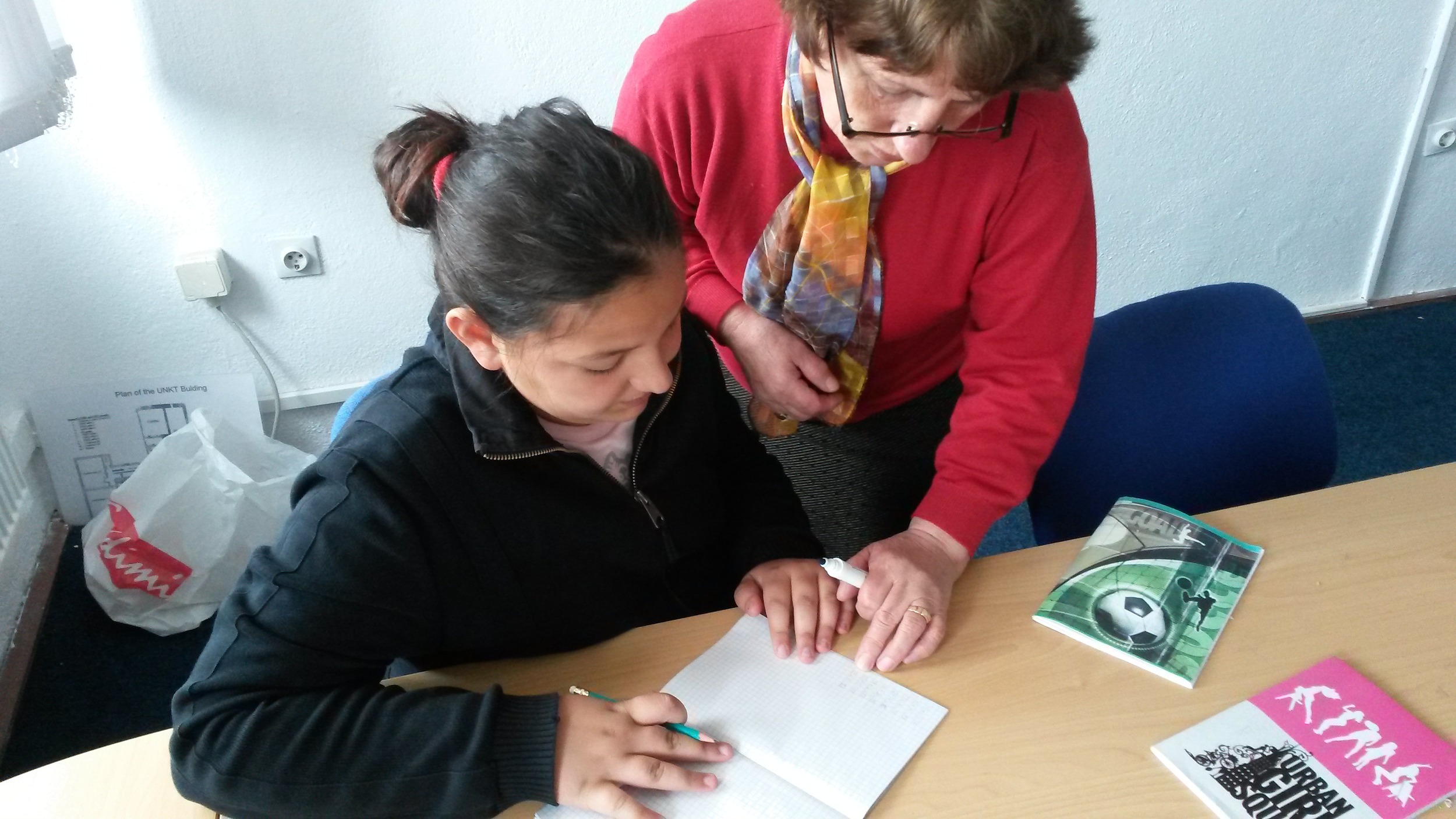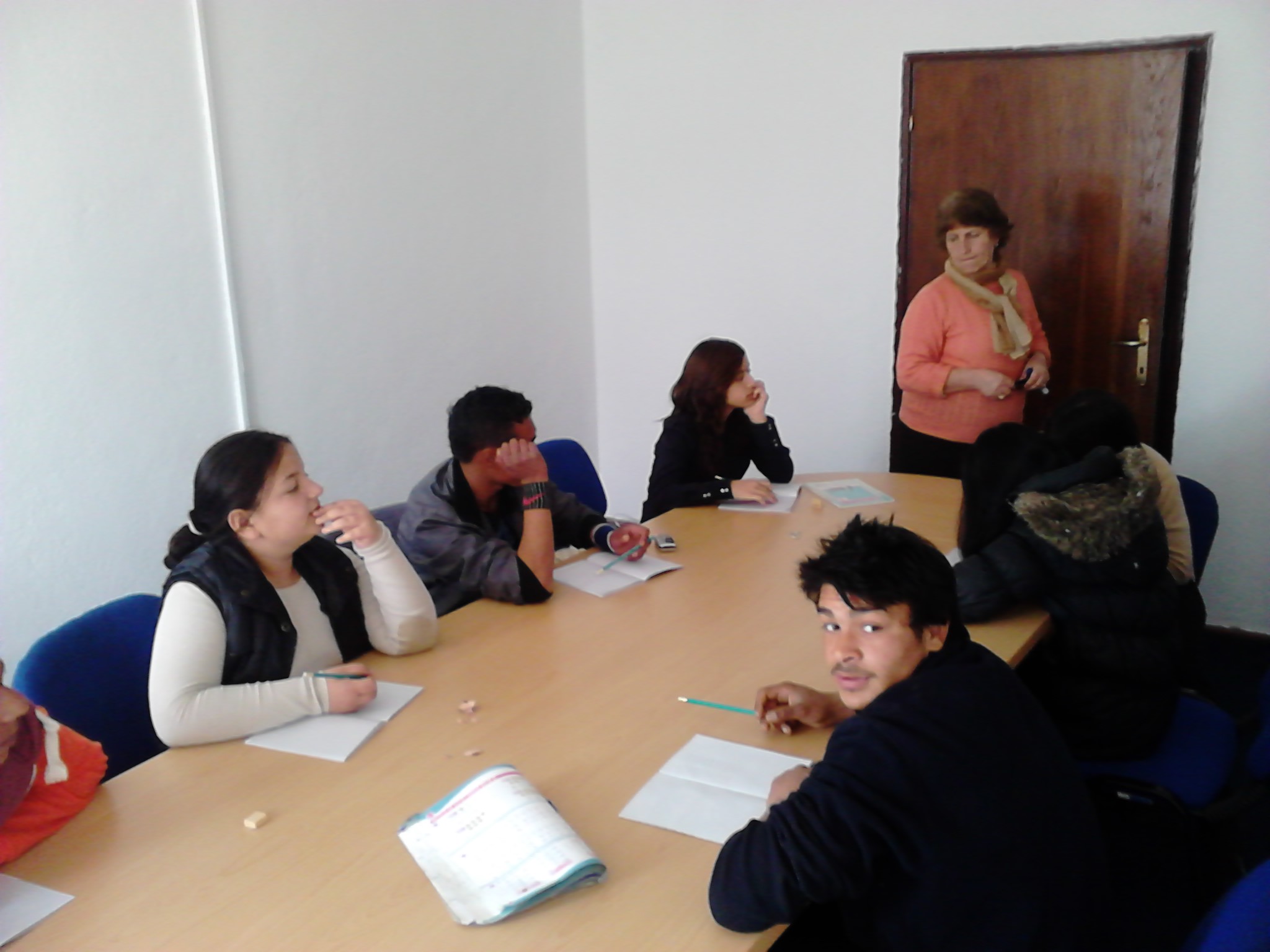Armis Avdiu was born in 2001 in Mitrovicë/a. Until 1998 his family lived in the village of Stan Tërg/Stari Trg Mitrovicë/a, in very bad living conditions. Armis now lives together with his parents in 2 Korriku/Sitnicko Naselje neighborhood in Mitrovicë/a, where he finished the 9th grade at “Bedri Gjinaj” primary school.
Due to very difficult economic conditions, Armis decided to drop out of school, in order to ensure some income for his family. With support from Danish Refugee Council (DRC), in 2015, Armis participated in a three-month vocational training on carpentry, at the Diakonie training center.
In July 2015, NGO PRAM with support from DRC started to implement the subproject “Football school”, financed by Sida, represented by the Swedish Embassy in Prishtinë/a. This subproject foresees to train more than 50 RAE children from Roma Mahala and 2 Korriku/Sitnicko Naselje neighborhoods. “Knowing the talent that Roma, Ashkalia and Egyptian children possess on sport of football, and in order to keep children away from negative influences, NGO PRAM with support of DRC started to draft the proposal for offering football classes to RAE children, and this idea was ”, stated NGO PRAM director Mr. Milaim Ramadani.
As soon as he heard about this subproject, Armis decided to register with this football school. In order to fulfill his childhood dream, Armis parents without any hesitation signed all paper works, in order to allow him to be part of the school.
“As a child I dreamed of becoming a football player, therefore I would like to thank my parents, my trainer at Trepça 89, NGO PRAM and all other organizations involved on this subproject for offering our communities this opportunity”.
Mr. Shkëlzen Avdiu, Armis’s father says that he is very grateful to NGO PRAM and DRC for helping his son to follow his dreams, because he personally couldn’t follow his dreams because of poor economic conditions.
In the beginning, among 50 RAE children, Armis is registered in the U-17 group, which trains twice a week, coached by a UEFA licensed coach. Now Armis is training also with FC Trepça 89 which plays in the Kosovo Super League, in the U-17 team. Now, Armis was registered in the Kosovo Football Federation, and plays official matches for FC Trepça 89.
“I would like to thank his family for trusting me when we decided to bring him to FC Trepça 89, where he was accepted as part of the team in a remarkable way” said Lavdim Behxheti the coach of Trepça 89 for U13 and U17.
Danish Refugee Council Kosovo, with funding from Sida, as of March 2014, started implementing a 4-year Project: “Support to Roma, Ashkalia and Egyptian Communities in Mitrovicë/a”. The Project aims to contribute to the stabilization and integration process of Roma, Ashkalia and Egyptian women, men, girls and boys in Mitrovicë/a by providing the tools and support necessary for members of the Roma, Ashkalia and Egyptian Communities and vulnerable members of the majority community to improve their future opportunities in education, employment and civic participation in a multi-ethnic Kosovo.
